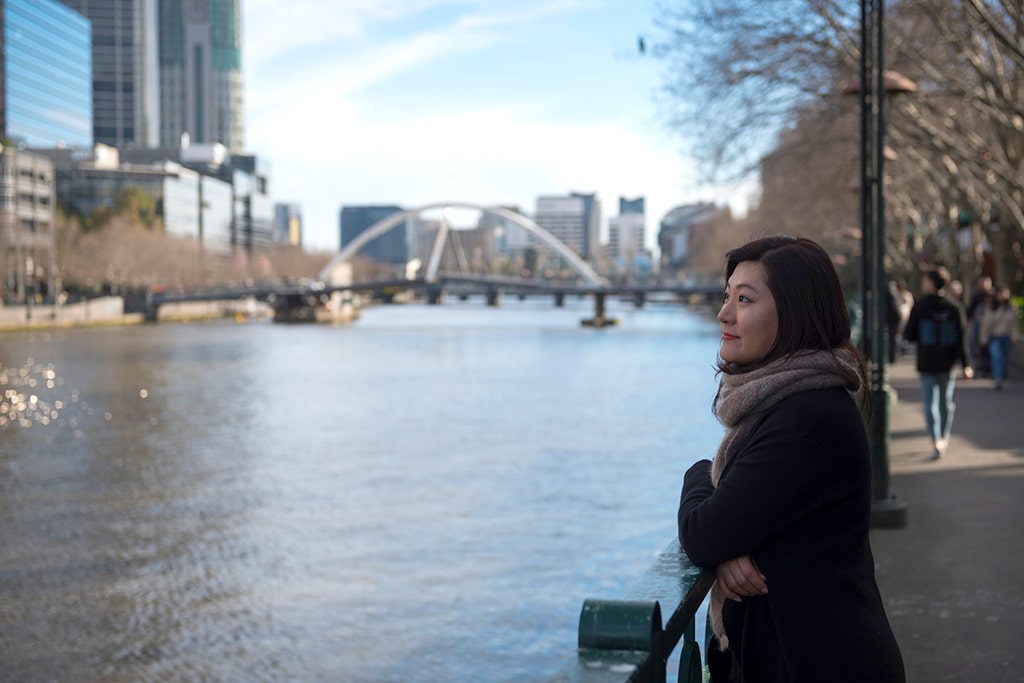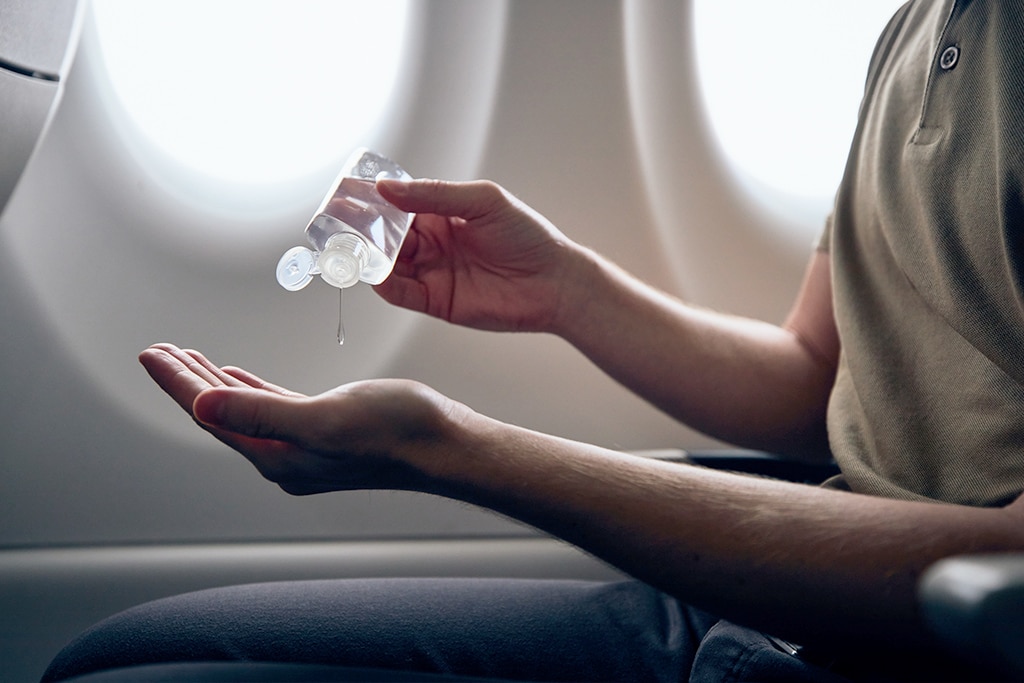With the resurgence in travelling, we’ve all realised the need to revisit our travel practices. More so in the realm of business travel, where we have to take into account factors such as employee well-being and business interests.
Here’s a guide to business travel safety, covering pre-travel considerations, health precautions, emergency plans and documentation, as well as some safeguards on the tech side.
We’ll also be taking a look at corporate travel safety and corporate travel security and the importance of not neglecting either aspect in your business travels.
Top 5 safety tips for business travellers
1. Assess the risks before you travel
A pre-travel risk assessment helps you identify issues that may arise. With this, you can make contingency plans and minimise your risks to ensure smooth sailing throughout your business travels. As with all business decisions, preparation is vital.
Check weather forecasts. This may be easily overlooked if you’re used to predictable weather, but things can get extreme elsewhere in the world. For example, Tokyo experiences regular typhoons yearly, while Melbourne famously boasts of a 4-seasons experience in a day. Pack and dress accordingly, and you’ll be able to stay in relative comfort.

In new foreign environments, make a habit of maintaining situational awareness. Note how your surroundings affect your safety. Trees and bushes may be scenic in the day but turn into hiding spots at night. What time does it get dark? What time is the last train? Are there crowds? Being aware of such details will help you avoid potential threats.
An awareness of the social or political landscape helps as well. For example, rallies and protests may seem sudden and unexpected, but they’re coordinated en masse and may be common news on the street. Popular tourist destinations are generally safe, but use your judgement if you have to be someplace that might not be tourist-friendly.
2. Manage your health
Health is wealth, even more so when you’re far from home. There’s nothing like feeling ill when you’re on your business travel and knowing it could have been prevented. Coming out of a pandemic, we’re all aware of Covid-19 vaccinations. Most countries have minimum vaccination requirements, and apart from that, it’s wise to still practice masking, regular hand-washing, and physical distancing where possible.
Stay hydrated, both on flights as well as on the go. Make sure you pack or have regular access to clean drinking water. If you like to indulge in culinary adventures and sample local delicacies, be vigilant about possible reactions you may have from any unfamiliar foods, especially wild game.
In conjunction with this, it’s a good idea to pack some essentials. Keep some antiseptic wet wipes and alcohol-based sanitiser handy. Have a little stash of anti-diarrhoea medication and nutritional supplements. Pack a light snack – high in protein, moderate in carbs, low in sugar – for an emergency energy boost in a pinch.



And especially for business travels, travel health insurance providers (THIPs) are helpful. Register well in advance so that they can notify you of possible outbreaks and other health alerts. You’ll also be glad to know that health alerts are part of the Holiday Tours Travel Safety Promise, our pledge to safeguard your well-being.
3. Plan for emergencies
In planning your business travels, you should already have a list of contacts in case of emergencies. Chief among these is your embassy and hotel, and this list can also include your travel agent, a colleague or client, or maybe even your accountant or lawyer. This keeps things moving along should you be unavoidably detained.
Always have a backup plan. If your flight is delayed or cancelled, what next? Will your hotel hold your booking? Is there an alternative travel option when you reach your destination? How about alternative accommodations? If you can’t make it to your business engagement, will a virtual meeting do? Or can a colleague take your place?
Among the best safety tips for business travellers is to have an insurance policy. Being covered for losses, natural disasters, and other untoward events will mitigate your business travel costs and save the company unforeseen additional finances.
Amidst all this planning, collect all the documentation you need and ensure they’re up to date. Besides your insurance policy, the usual documents are your passport, vaccination certificate, flight ticket, hotel booking, driving licence if necessary, and maybe your credit card.
4. Take precautions with technology
Some of your documents will be in electronic form, but a paper printout is still the safer tangible option. Our phones do a lot of multi-tasking, and if it fails for any reason – a software update, an app glitch, or even a drained battery – paper is the perfect failsafe.
(On that note, a power bank should be an essential part of your tech gear. Indeed, many people recommend sharing a power bank, or even a power strip, at conventions. It’s a show of goodwill, it guarantees proximity and conversation, and ultimately that’s how all networking starts.)



In certain countries like South Korea and Japan, there are convenience stores and supermarkets that provide charging stations. Not all stores offer this service, but having said that, the idea of charging stations and rental power banks seems to be gaining traction around the world. Meanwhile, you can always bring your own.
If you’re using free Wi-Fi in public, know that these are not secure networks, and your personal and business data may be at risk. Investing in a VPN which can be used internationally is a good measure for corporate travel security to ensure that all your work dealings are encrypted and remain secure.
5. Understanding business travel safety and security
By now, we’ve covered several aspects of corporate travel safety and corporate travel security. Let’s take a look at both.
Corporate travel safety refers to employees and ways you can help protect their well-being. These are the pre-travel risk assessments and management, contingency plans, health precautions, and insurance – all undertaken to mitigate the stresses of business travel upon employees.
Corporate travel security, on the other hand, is aimed at protecting company assets. It includes aspects such as security protocols, training of staff in best practices, and a measure of technological know-how. Business espionage is a real threat, and the unethical theft of trade secrets can set your business back financially.
Thus when any business travel is undertaken by an employee, it is a company’s responsibility to ensure both employee safety and corporate security, as one is likely to affect the other.
Want to talk business travel safety with us?
As outlined in the Holiday Tours Travel Safety Promise, we take a holistic approach to the matter of both safety and security. We understand that protecting the well-being of your people is of paramount importance, and at the same time, we’re aware of the risks involved at a corporate level.
Whether you’ll be deploying a team or an individual, whether it’s a short-term trip or a longer arrangement, we’re equipped to help and promise that you can travel with confidence.
LET’S DISCUSS BUSINESS TRAVEL SAFETY.
REACH OUT TO US AT +603 2303 9100 (PRESS 3) OR [email protected]
You may also be interested in:
